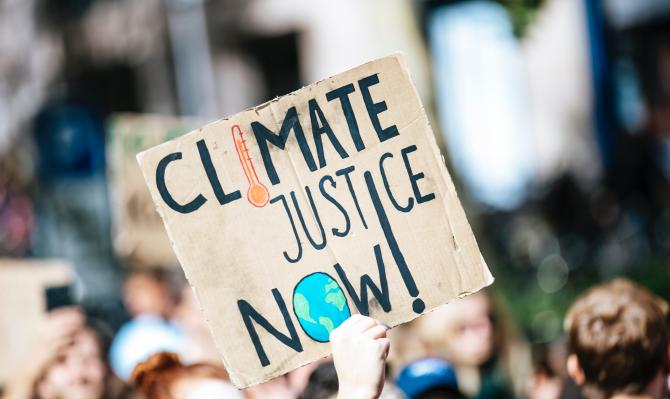Climate change: the challenge of our century
Climate change represents an enormous challenge. Failing to curb it would lead to costs, both economic and social, that would be insurmountable in the long term. Furthermore, it is a global problem that requires unprecedented coordinated action at a planetary level. Depending on how it is addressed, it could be either a restriction for growth or an impetus, a catalyst for multilateralism or a source of conflict between countries.
At least we have already taken a very important first step: a shared diagnosis at the global level. There may be some degree of uncertainty about the speed and magnitude of climate change, but few now deny its existence and that its main cause is the accumulation of greenhouse gases produced by human activity. The technical work by the Intergovernmental Panel on Climate Change has played a key role in achieving this consensus. In line with its conclusions, the international community has committed to avoiding a rise in the global average temperature of more than 2°C compared to pre-industrial levels, which requires cutting global greenhouse gas emissions by around 30% from current levels by 2030.
With this commitment, each country must now define its action plans. Given that over 60% of greenhouse gas emissions are carbon dioxide derived from the use of fossil fuels, there is no doubt that at the heart of these plans there must be a strategy for a transition towards a more efficient and less polluting energy model. But we must also not forget the importance of policies in the agricultural, livestock and forestry sectors for influencing greenhouse gas emissions (fertilisers and cows also contribute significantly to these emissions, while forests reduce them by capturing carbon dioxide).
All these plans must be defined without delay in order to provide certainty and to allow for a gradual approach. The more we delay in defining them, the more aggressive they will need to be, because we will be obliged to reduce emissions by more, in less time. Besides being inefficient, this could jeopardise the political sustainability of such plans.
As the case of France and the yellow vests movement demonstrates, measures designed to combat climate change can lead to a strong social response that puts them in jeopardy. To try to prevent this, any government’s plans should preferably have a broad consensus among the main political parties. Social support can also be strengthened through consultation processes - particularly involving those groups that might be affected -, clear communication of the policies to be implemented and the reasoning behind them, and the introduction of support for the most vulnerable families, businesses and workers.
It is also important that the revenues derived from increased carbon taxes - an unavoidable measure - are used in a transparent, productive and equitable manner. A portion of these resources should be dedicated to promoting investment in technologies to combat climate change. The public sector can play an important role in basic research in areas such as carbon capture and storage technology, the development of batteries for the storage of energy from renewable sources and the deployment of smart electrical grids. With a boost from public investment, the EU can aspire to achieve technological leadership in this field.
Clear rules are also necessary to promote private investment by firms and households, and to attract funding to carry it out. Many of the investments that can facilitate the energy transition require long amortisation periods. For this reason, certainty and the guarantee of stability in the regulations are essential. As we have seen recently in Europe, declaring the end of one era (for instance, that of the diesel car or even that of the combustion engine) without laying the foundations for the next only generates confusion and paralyses investments.
Enric Fernández
Chief Economist
31 October 2019




